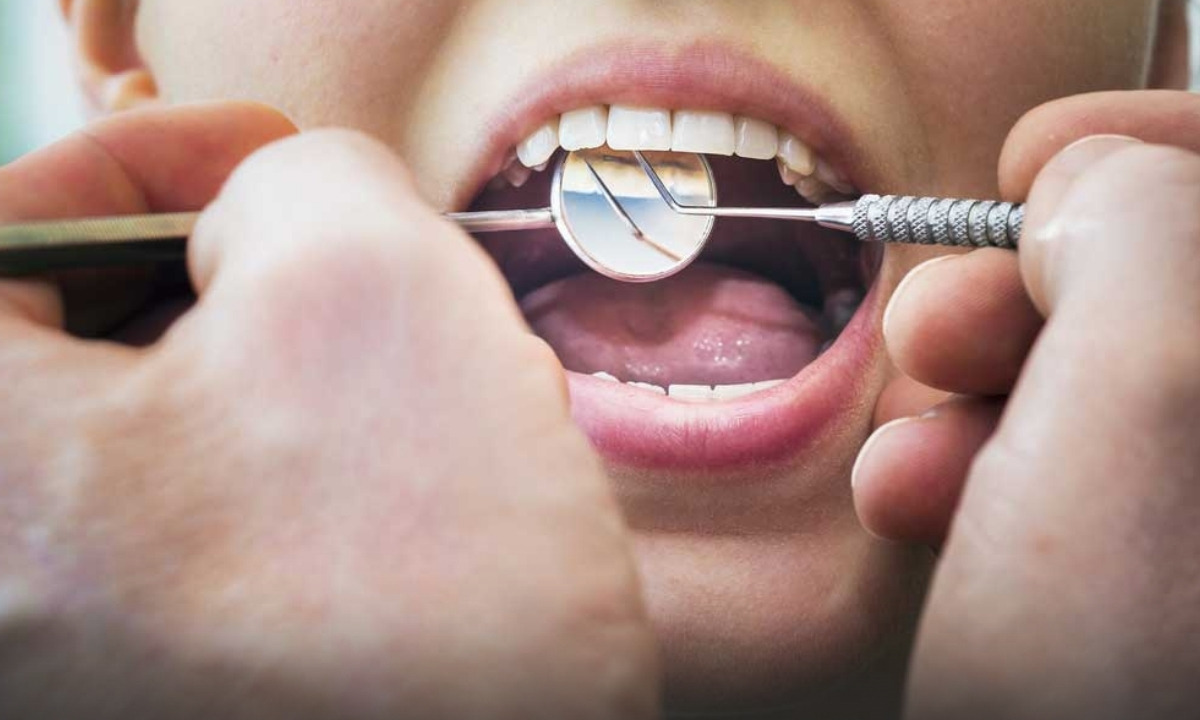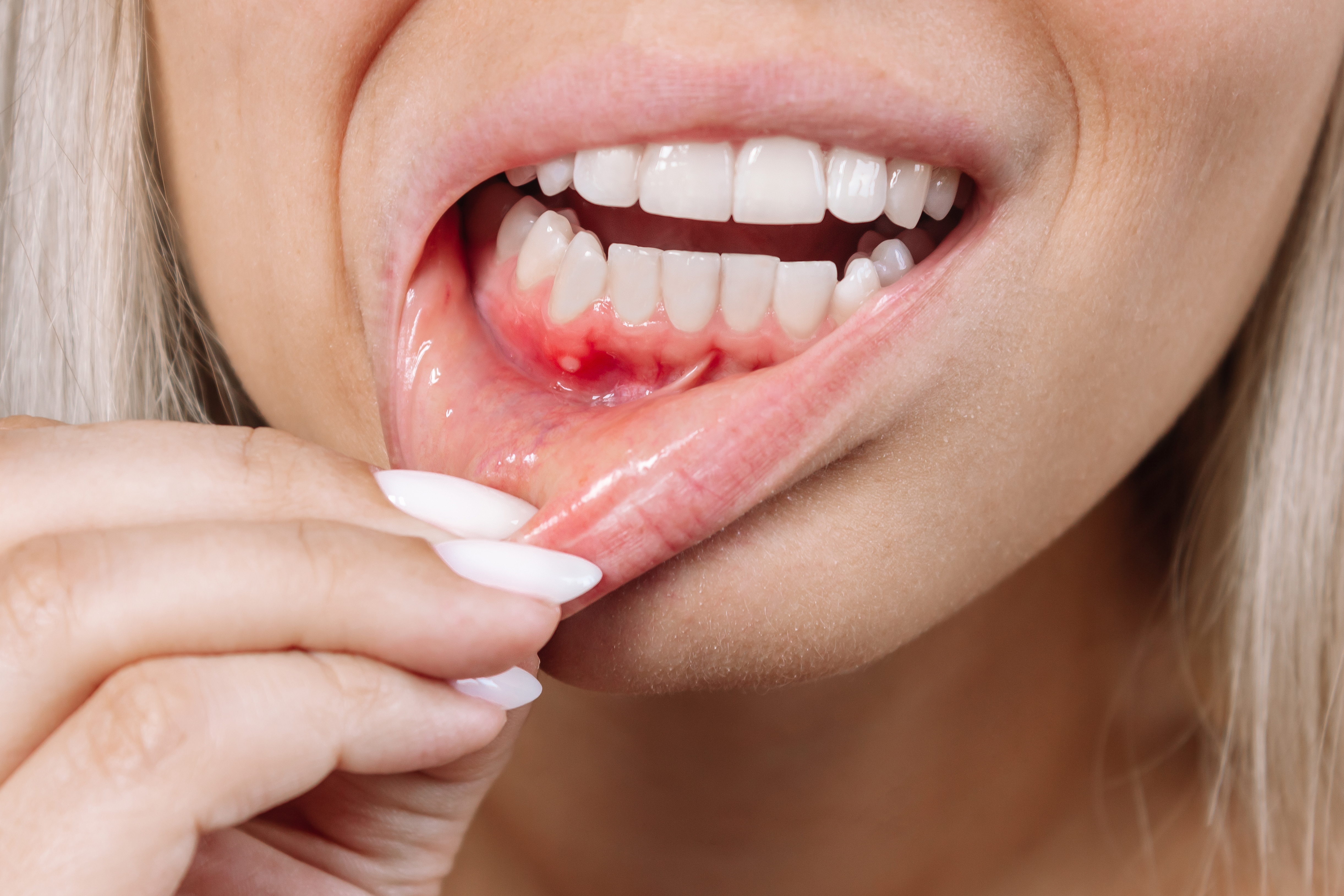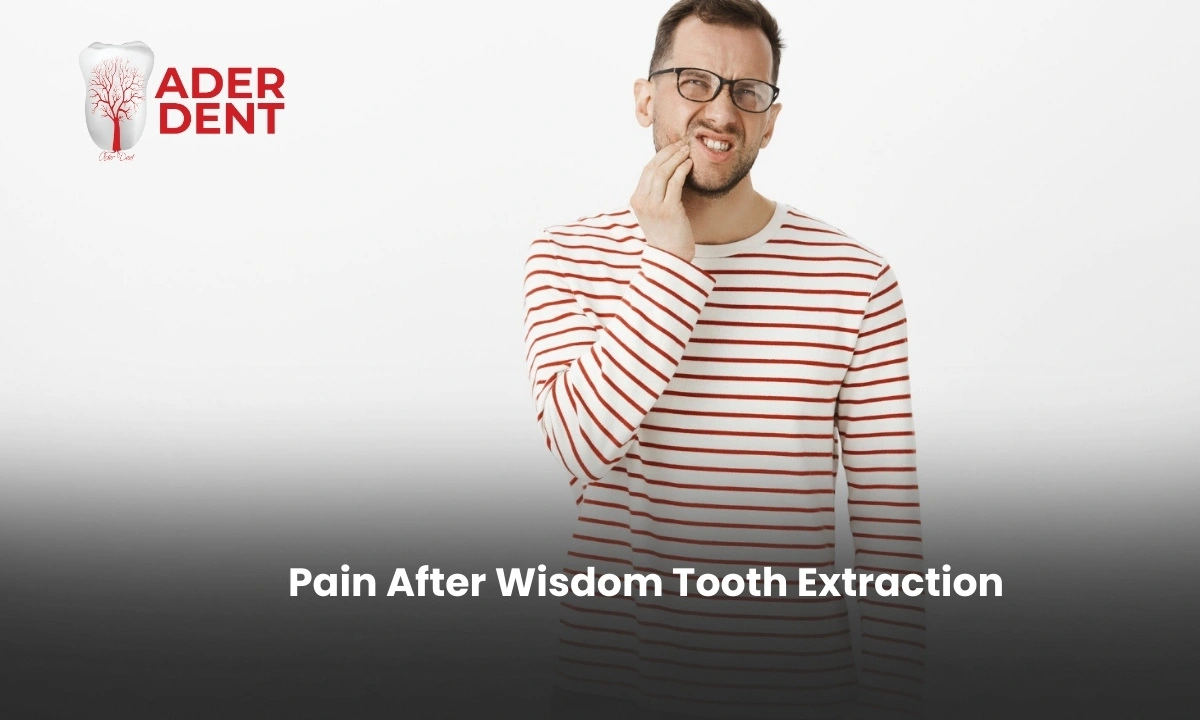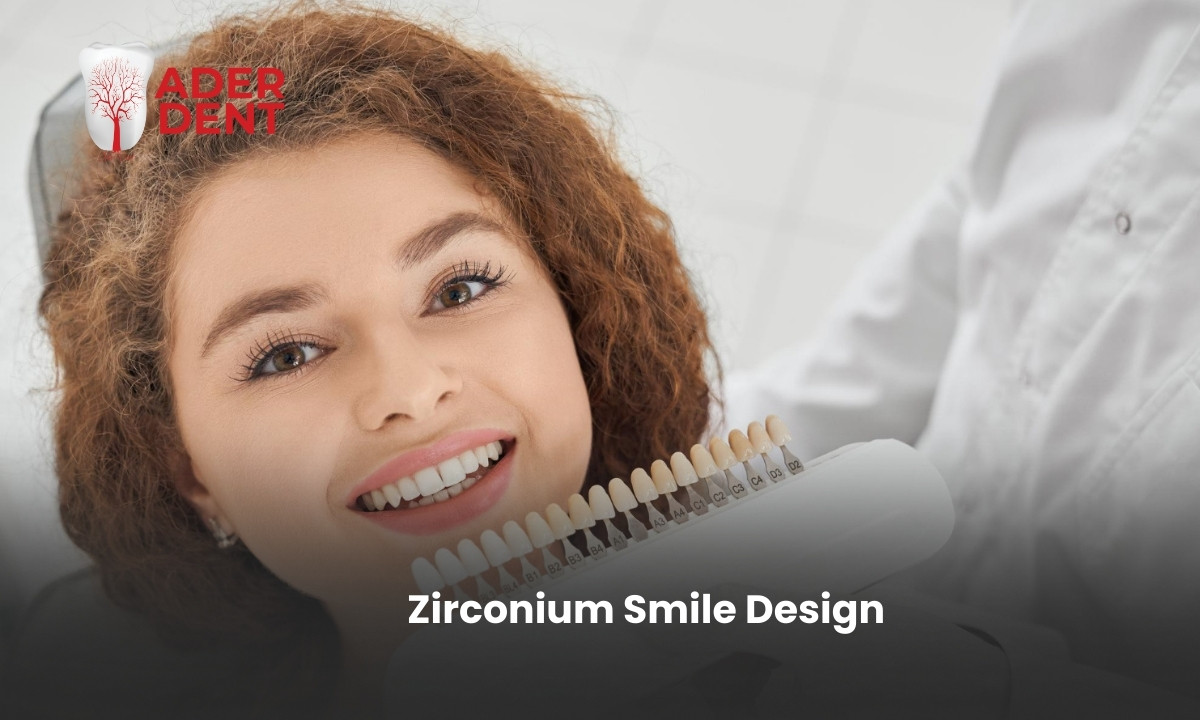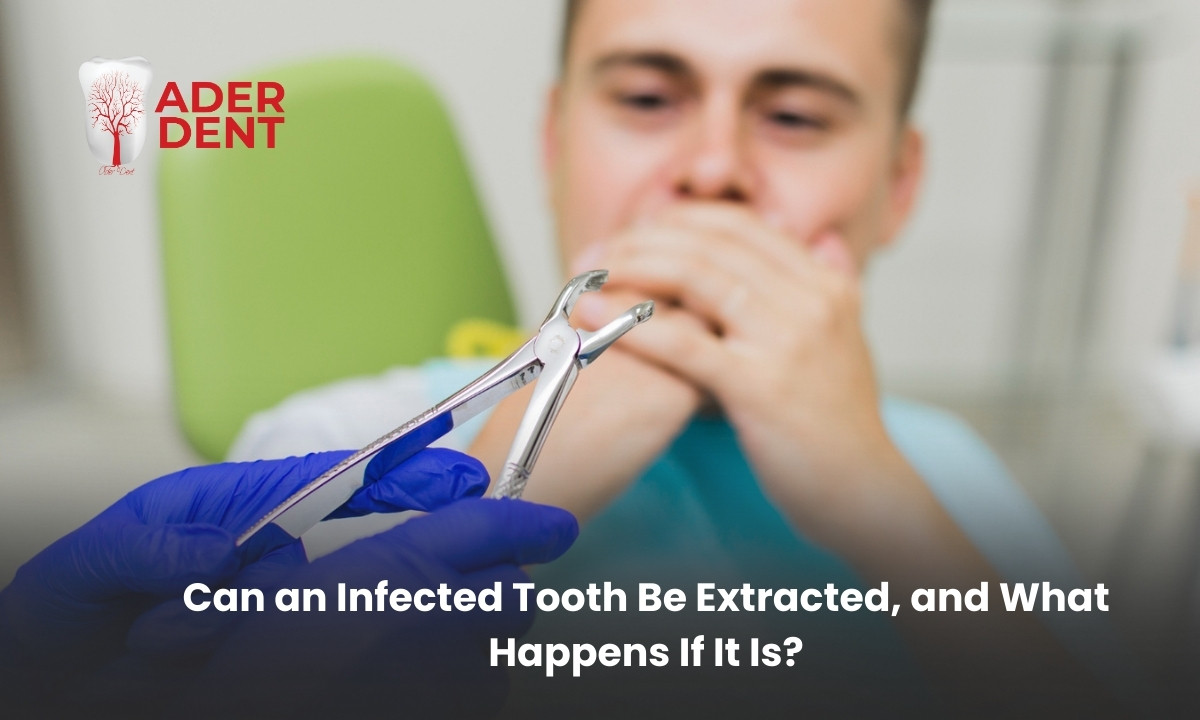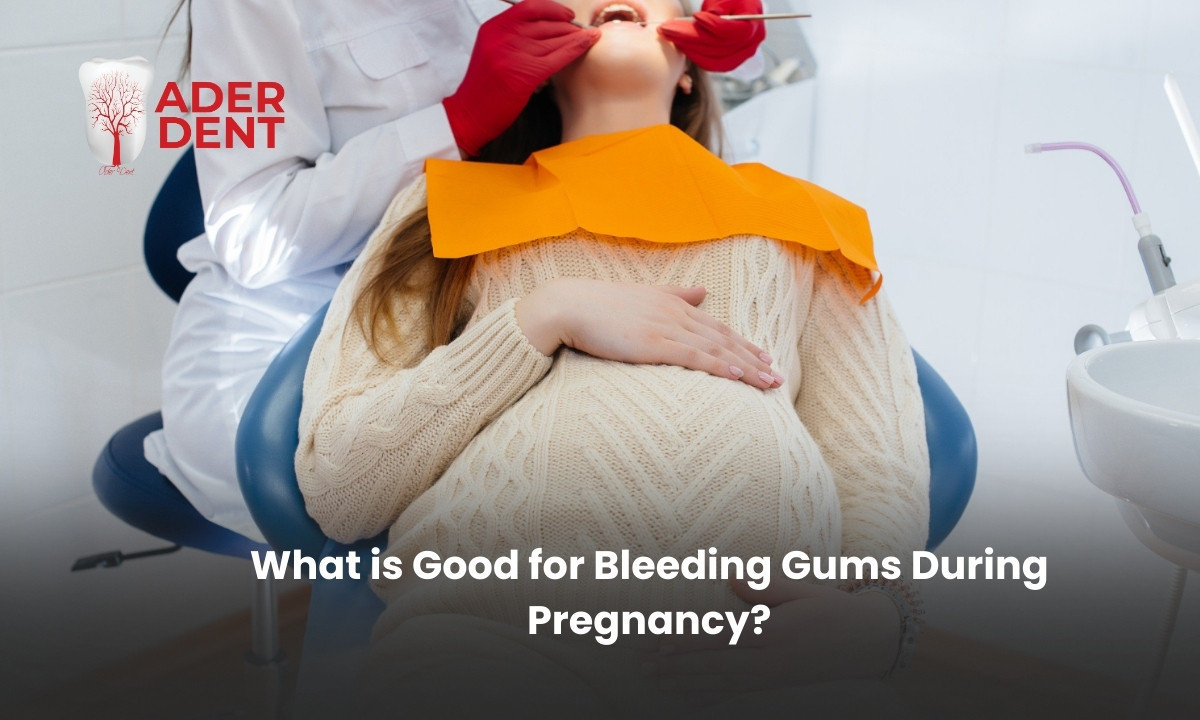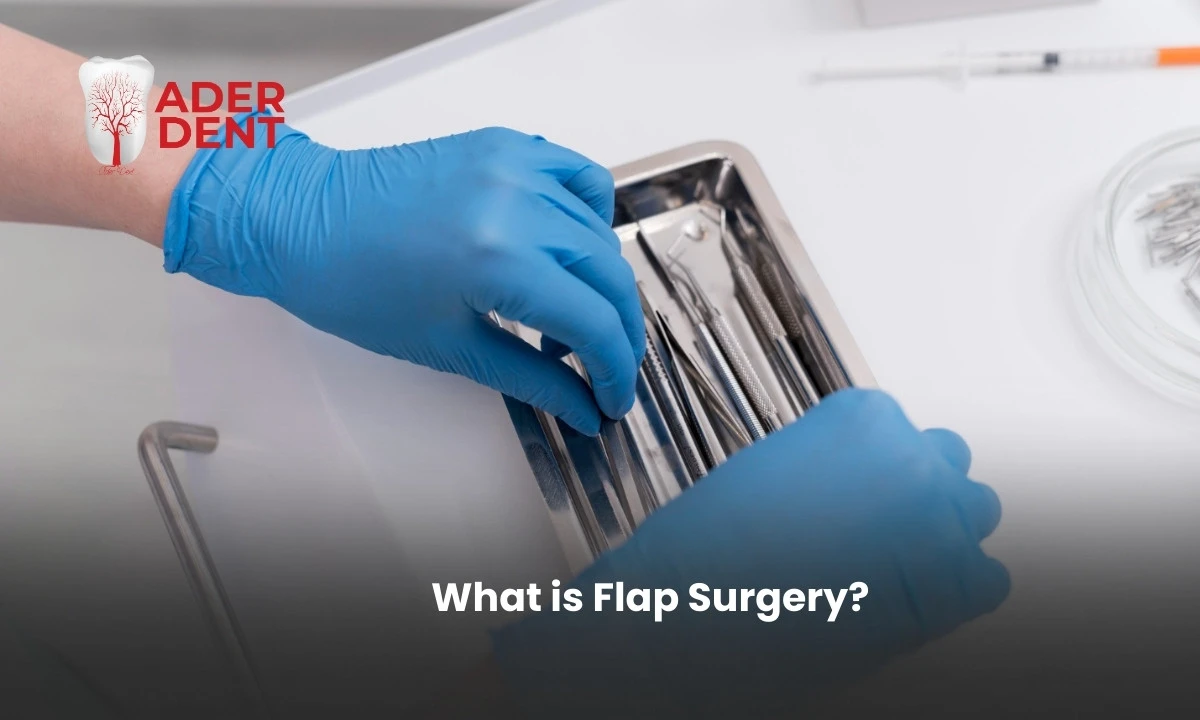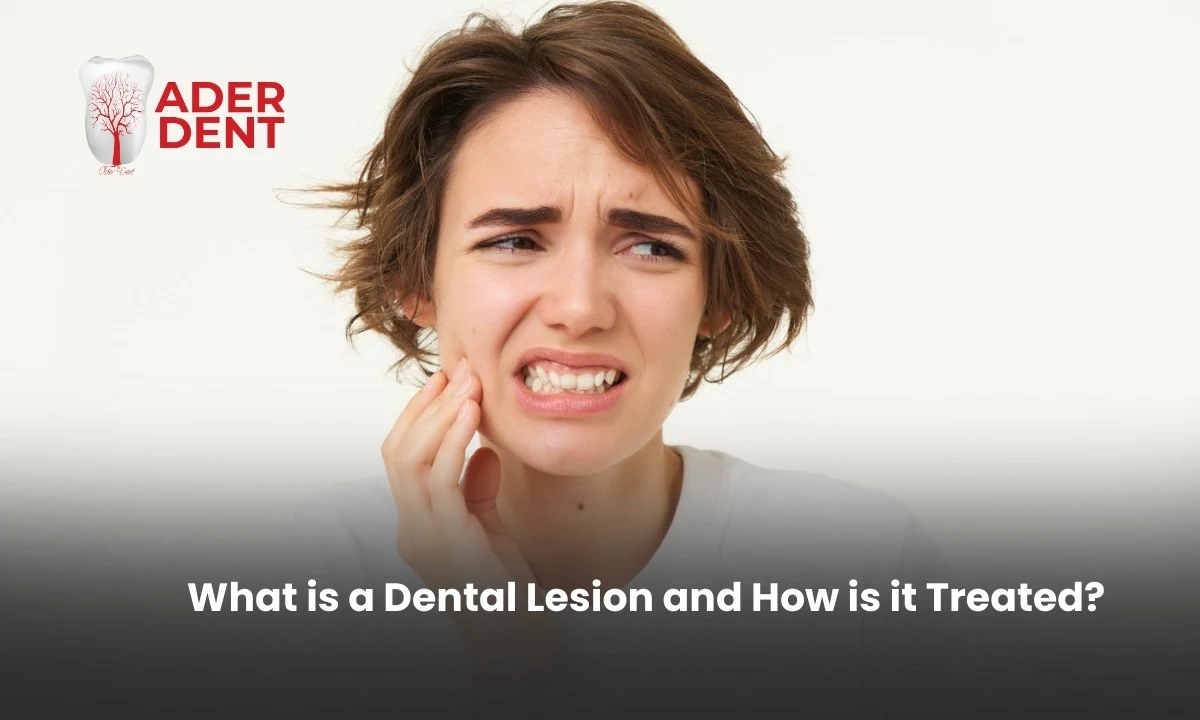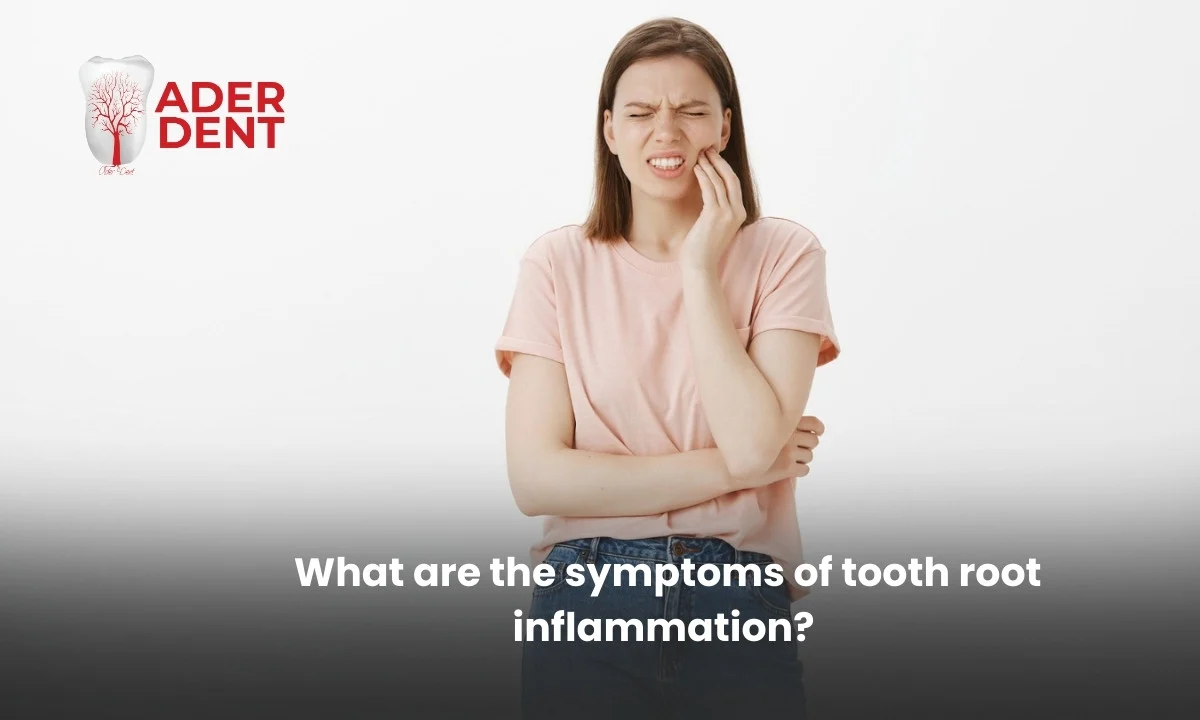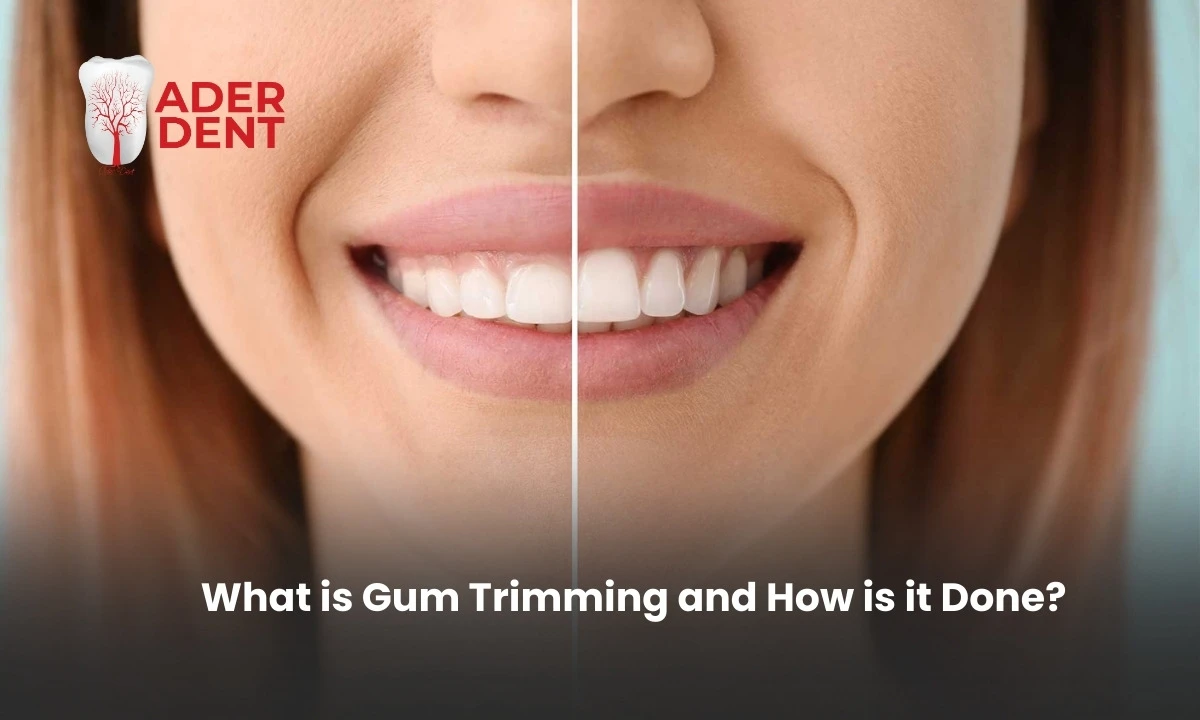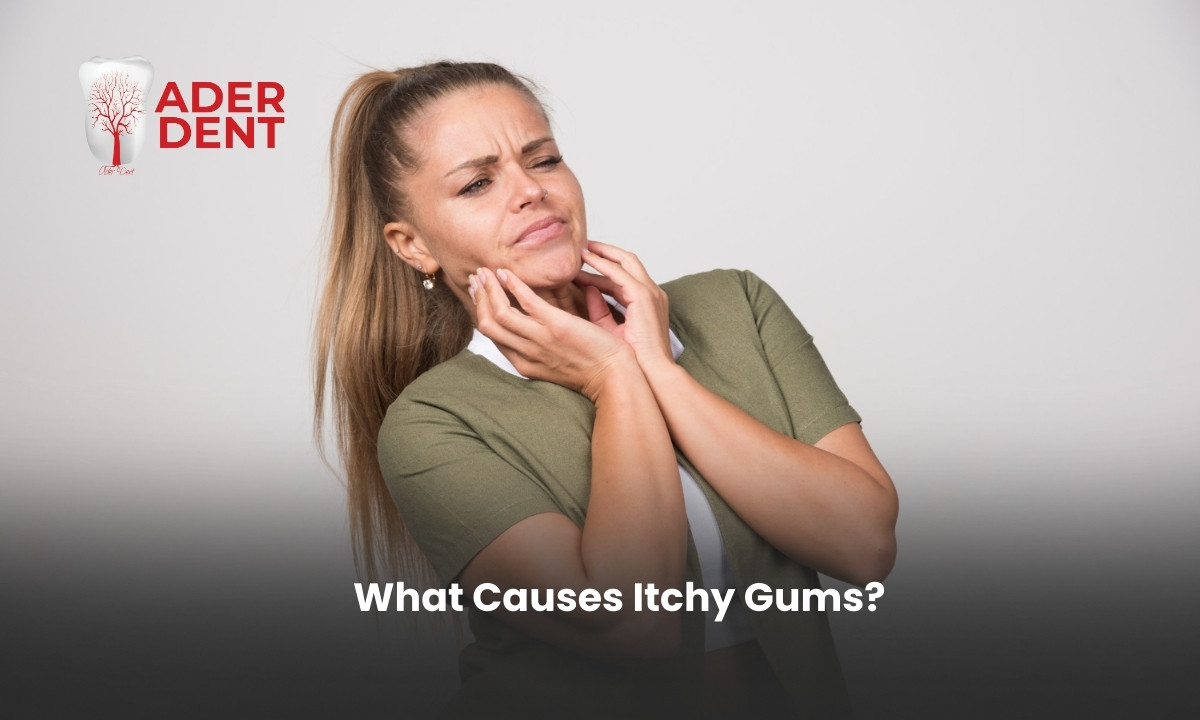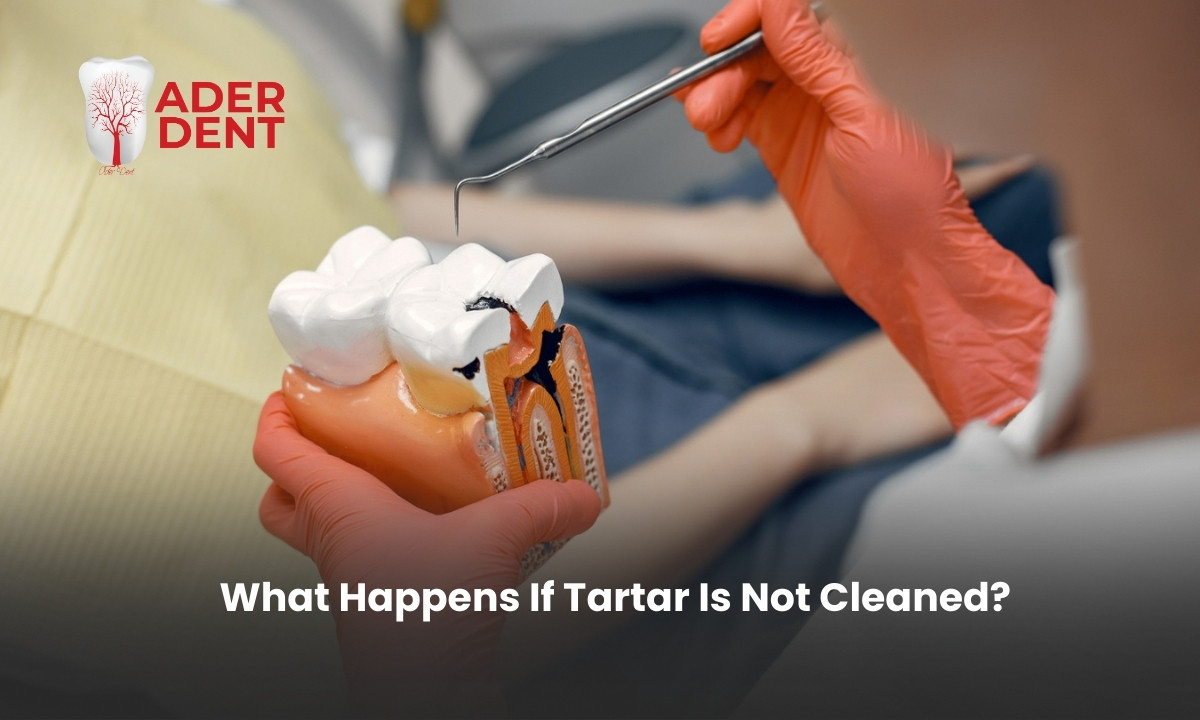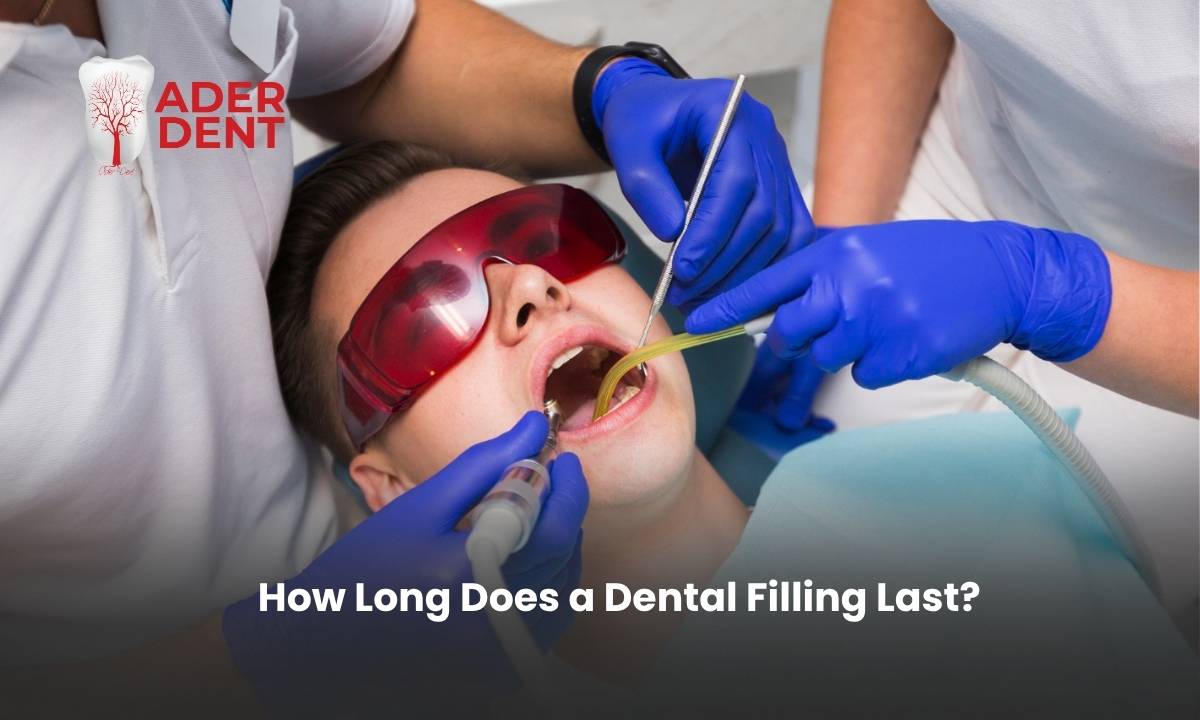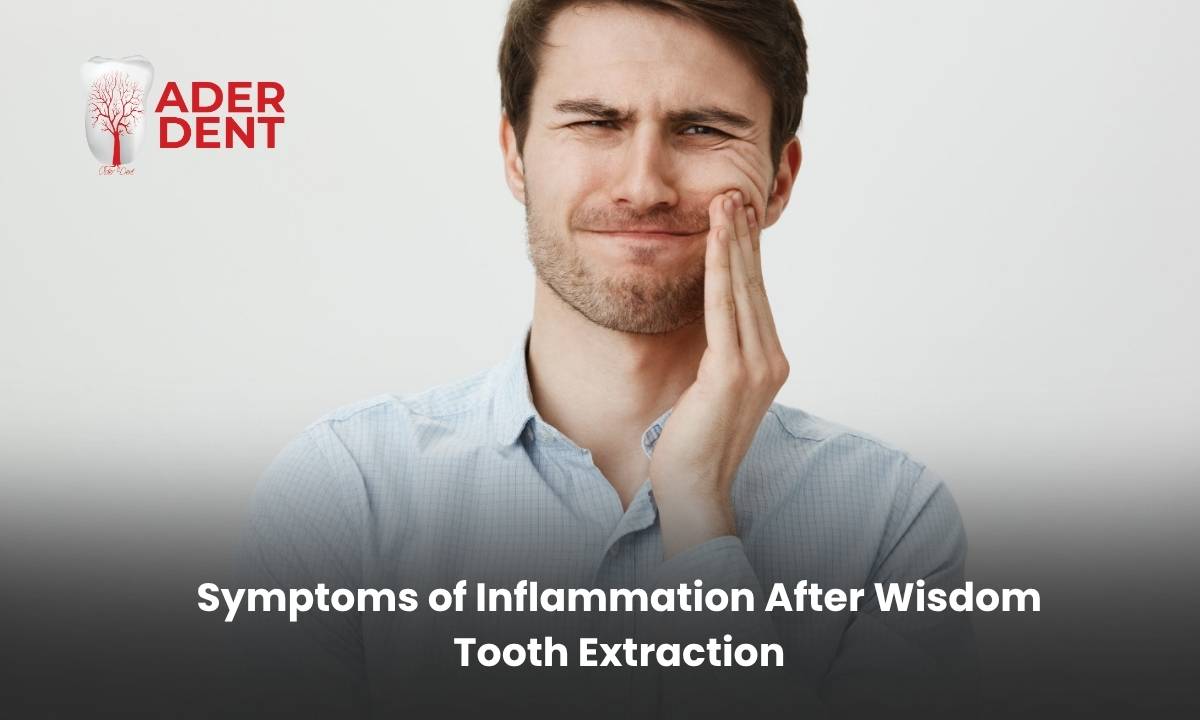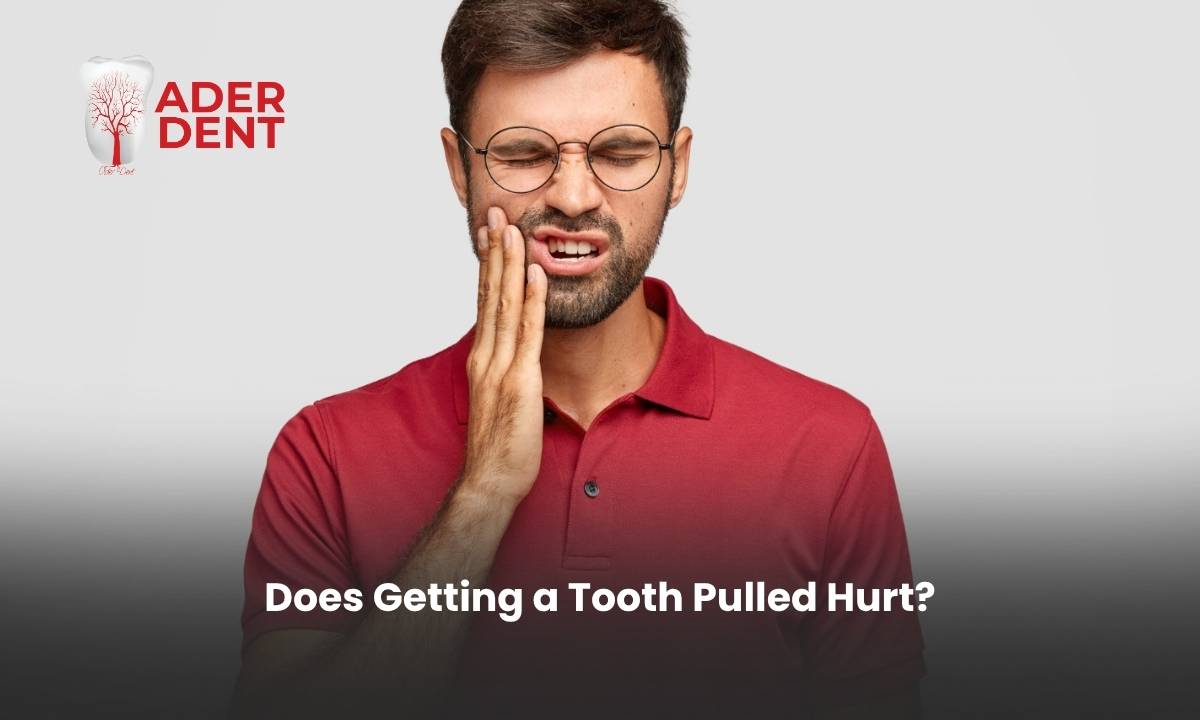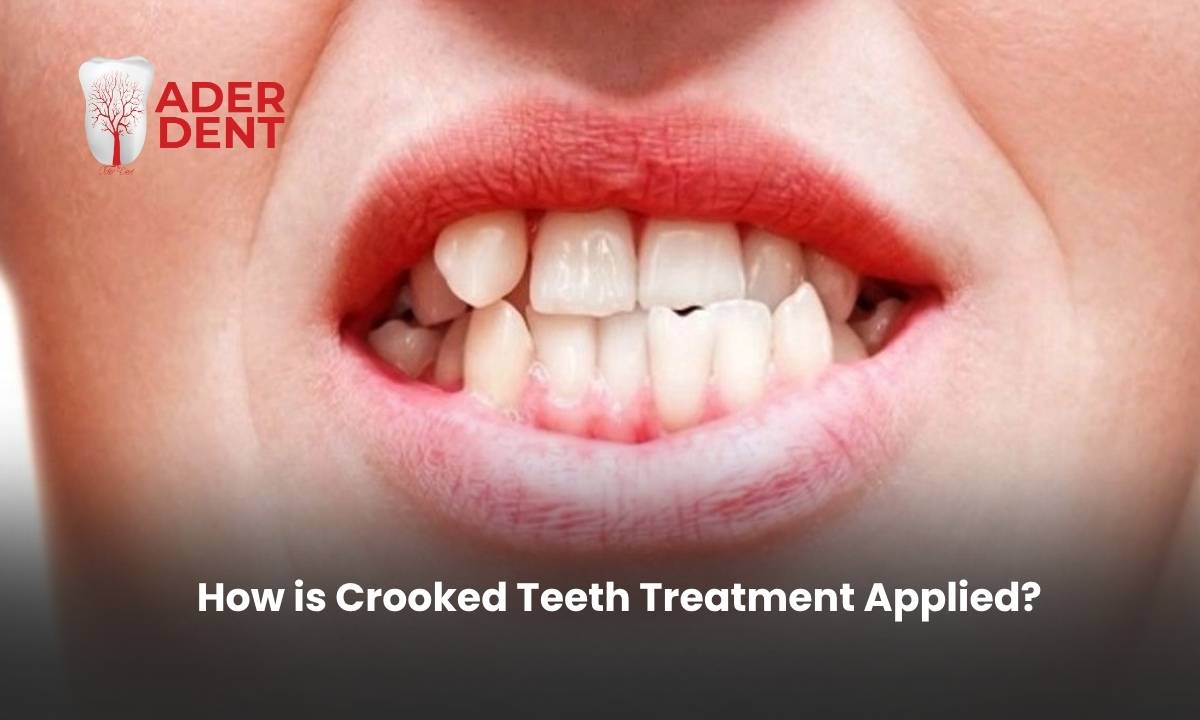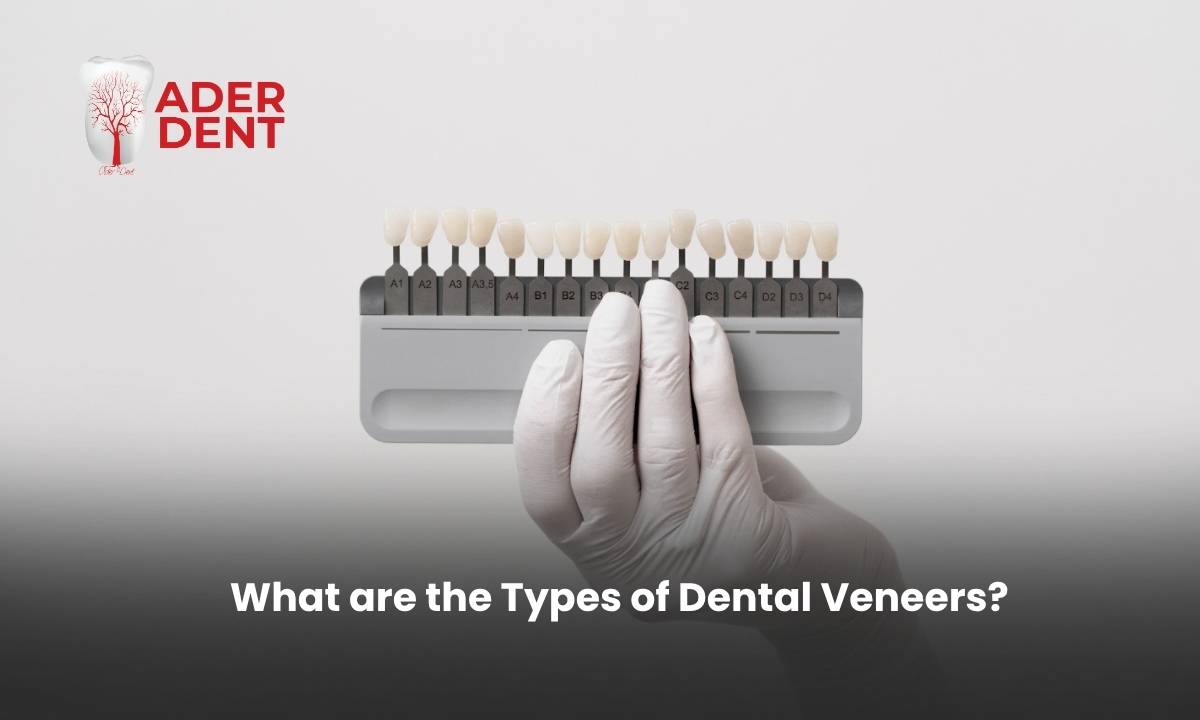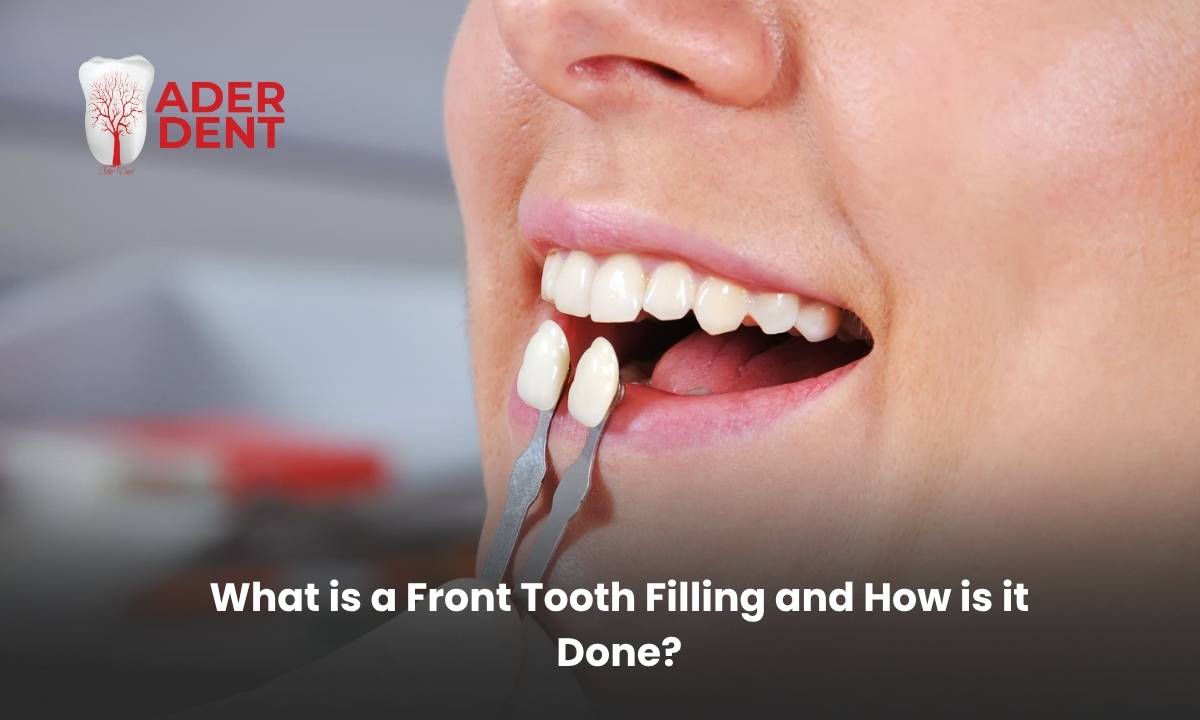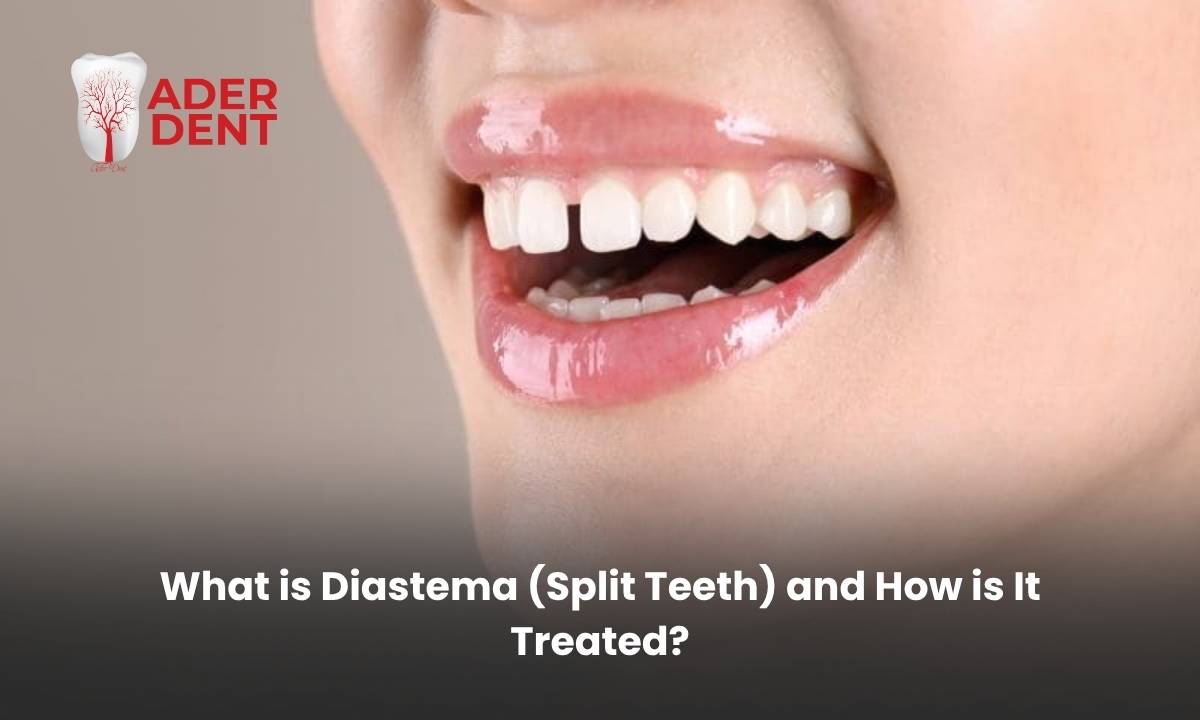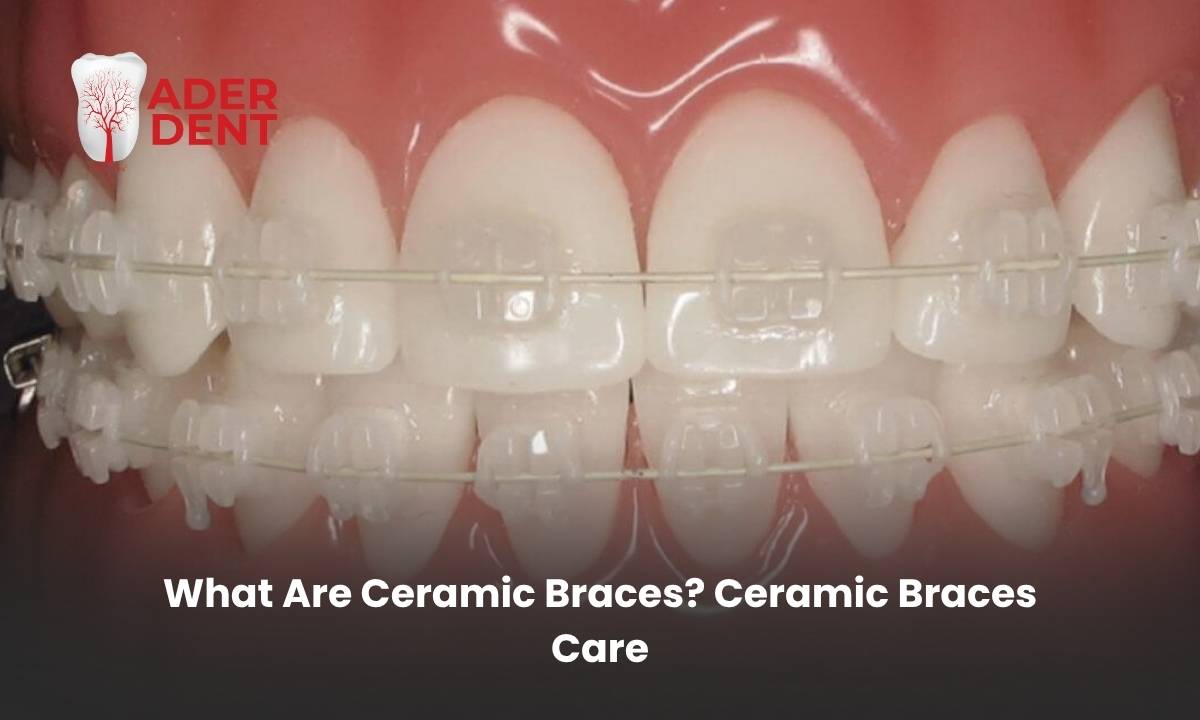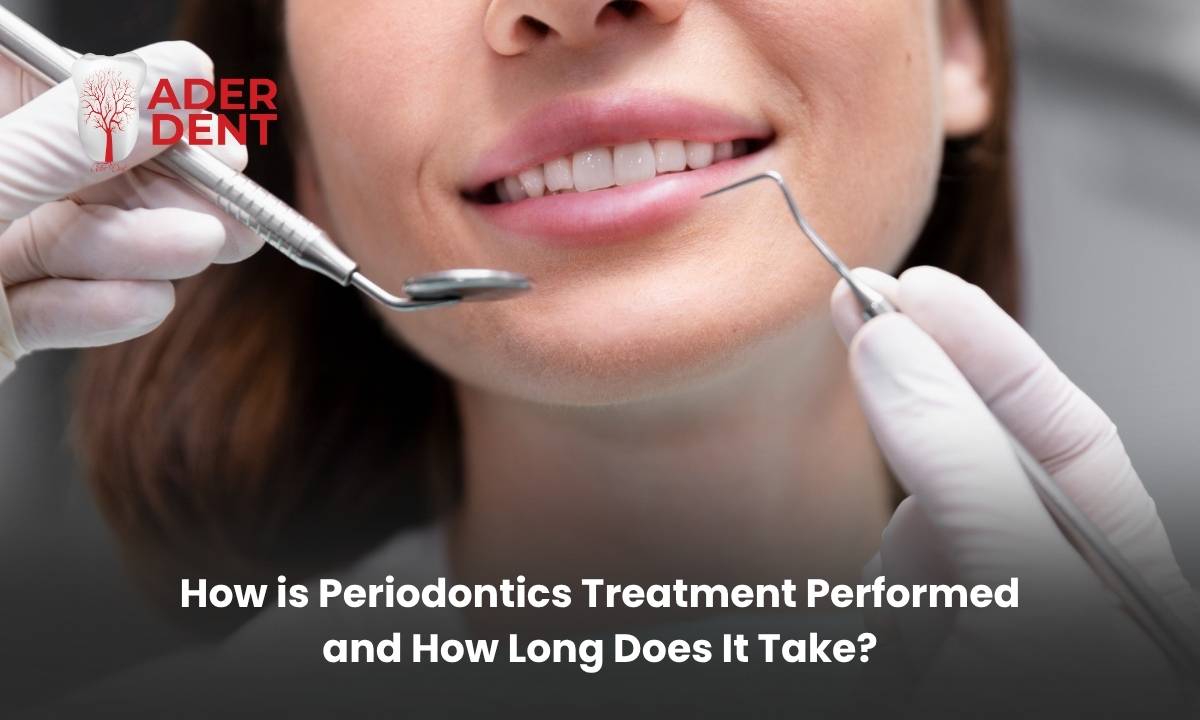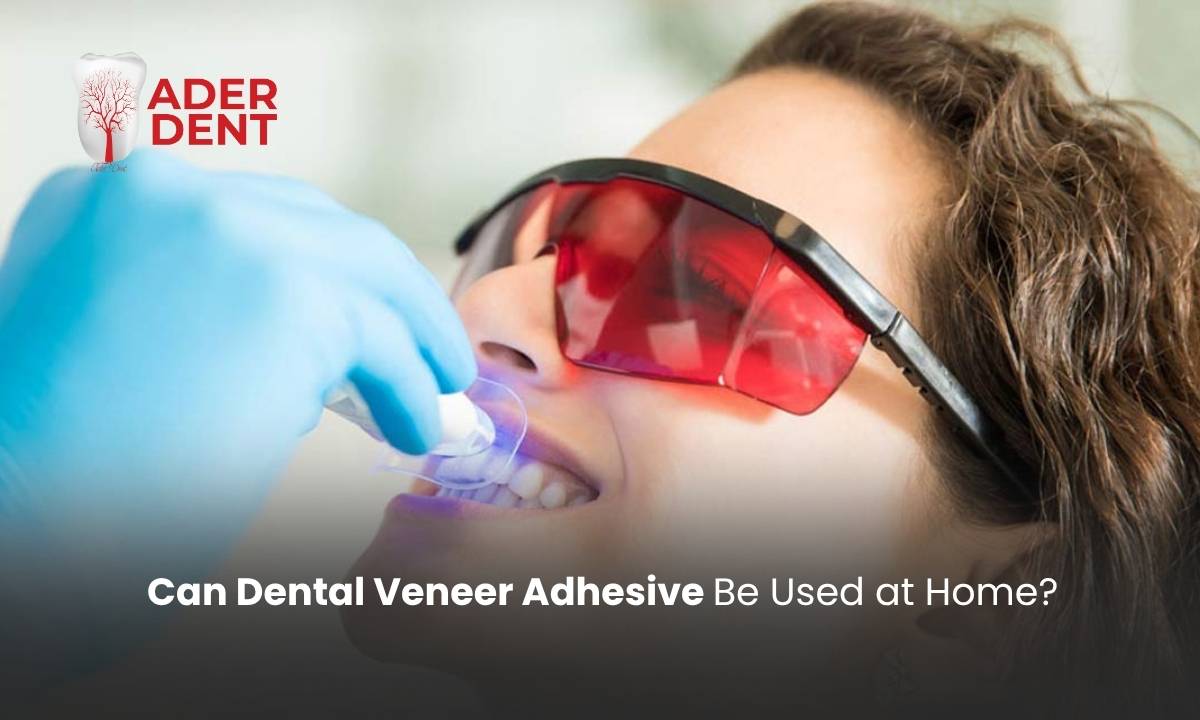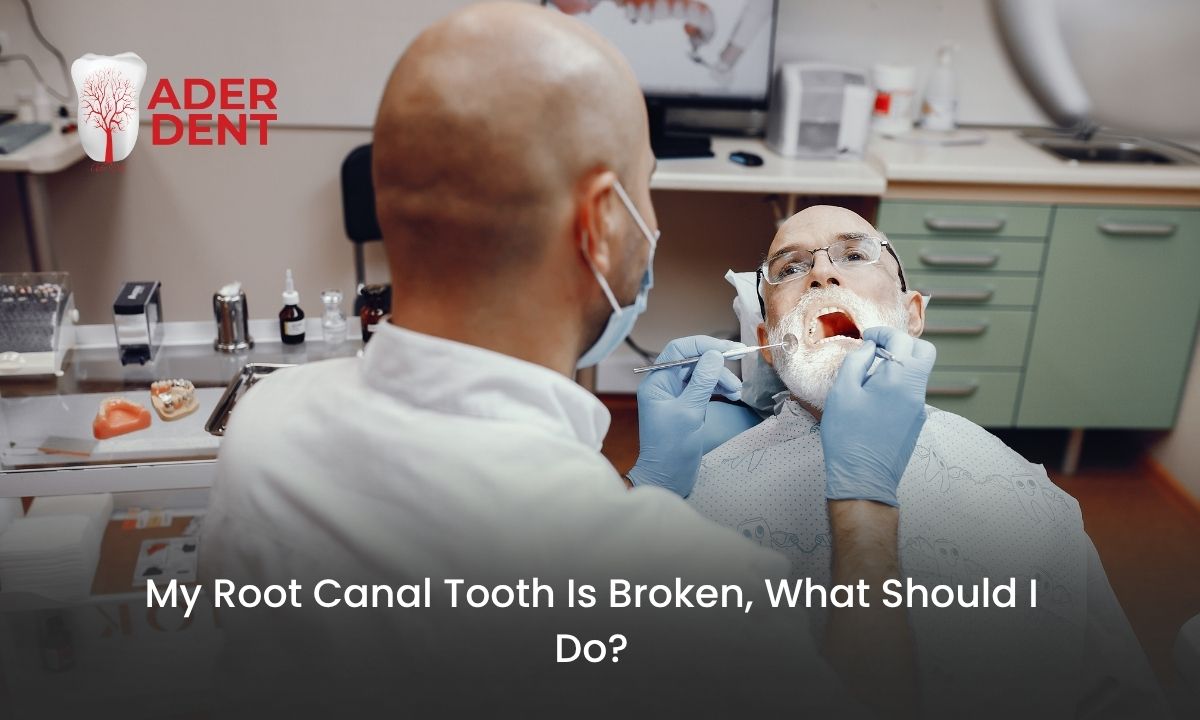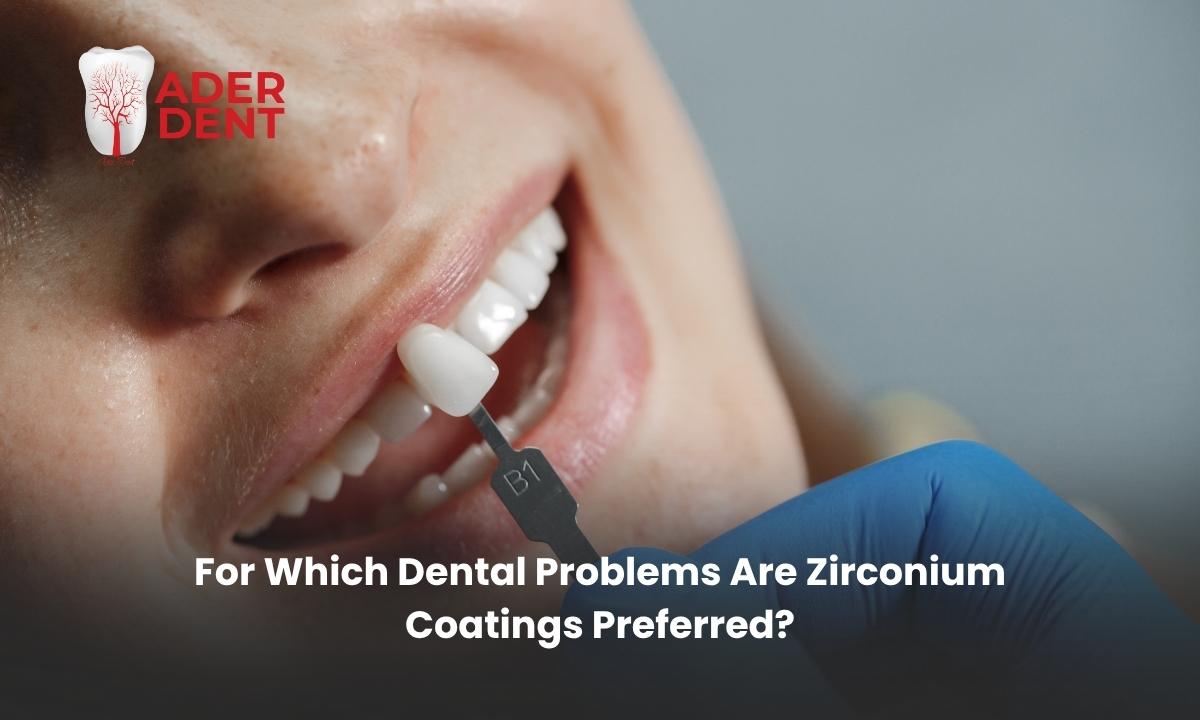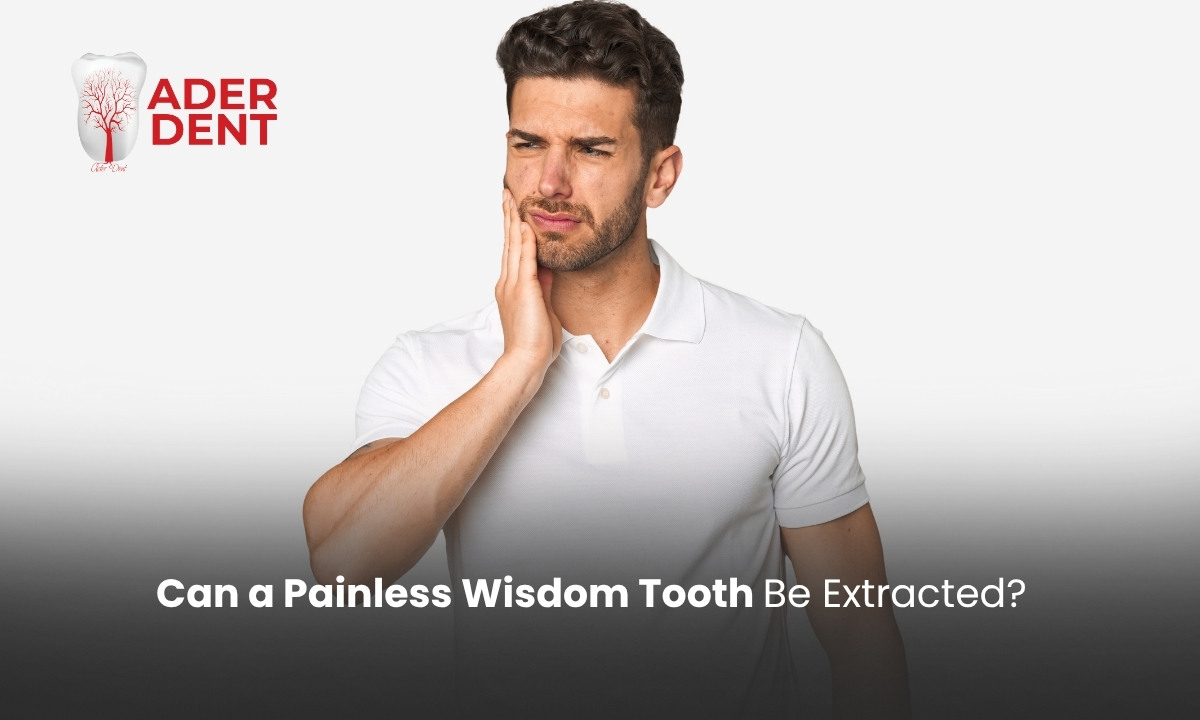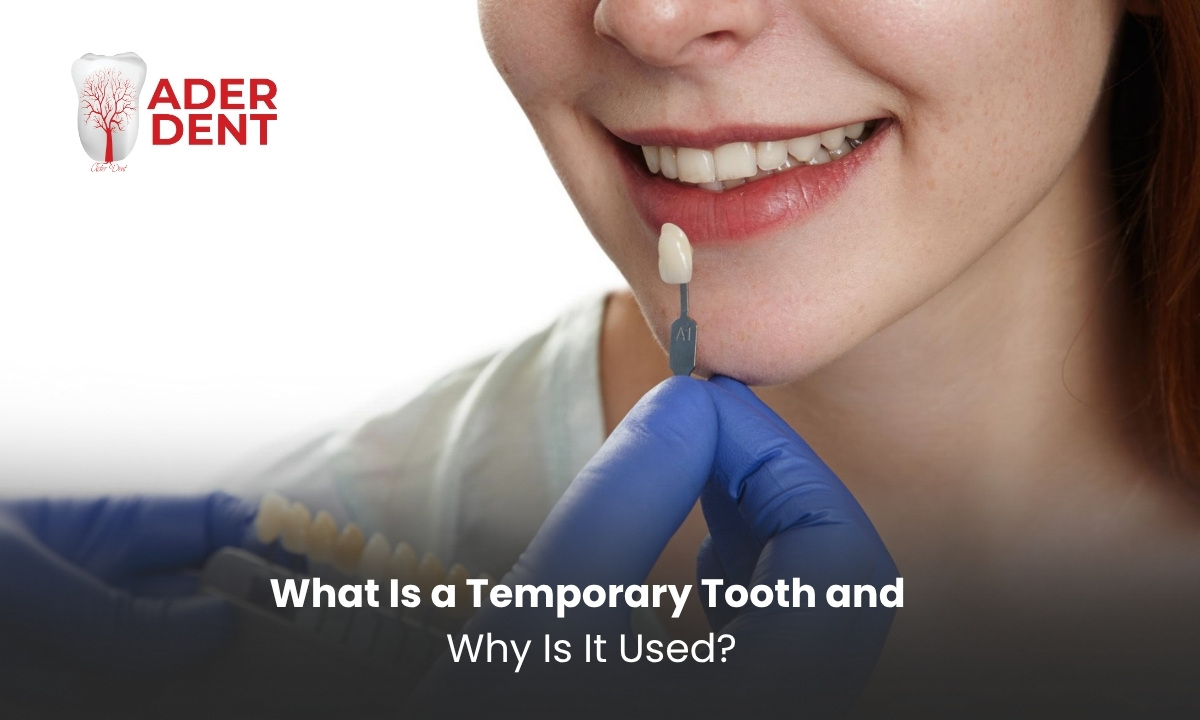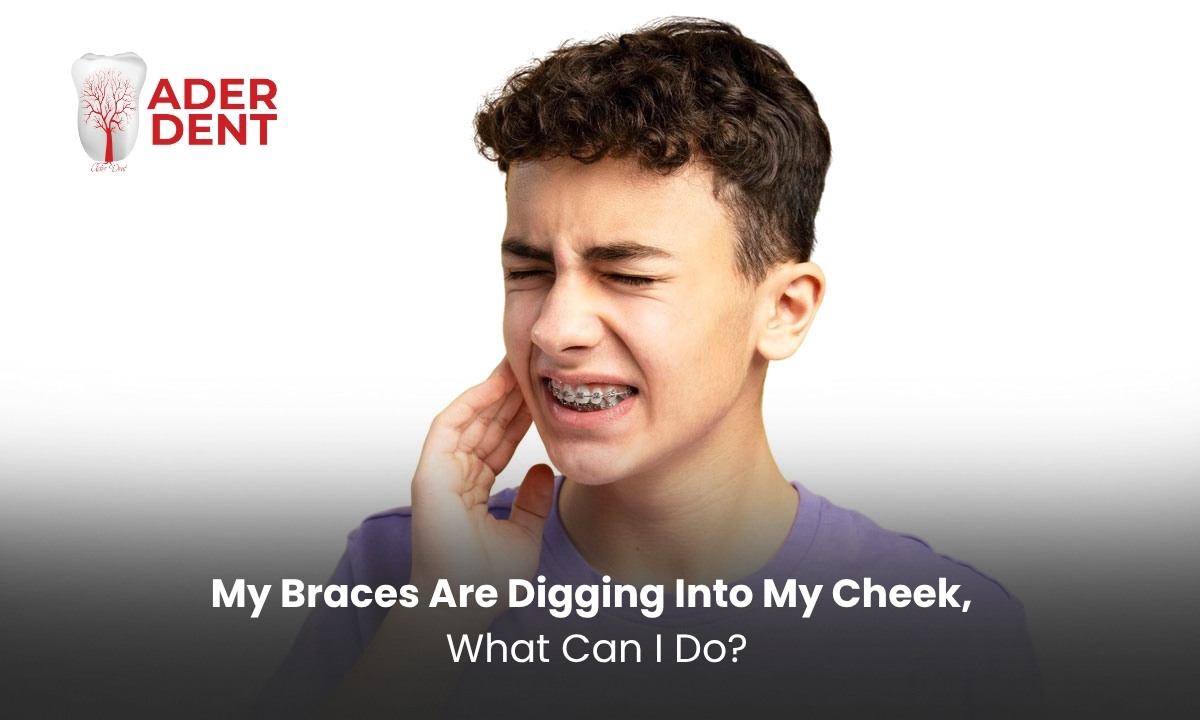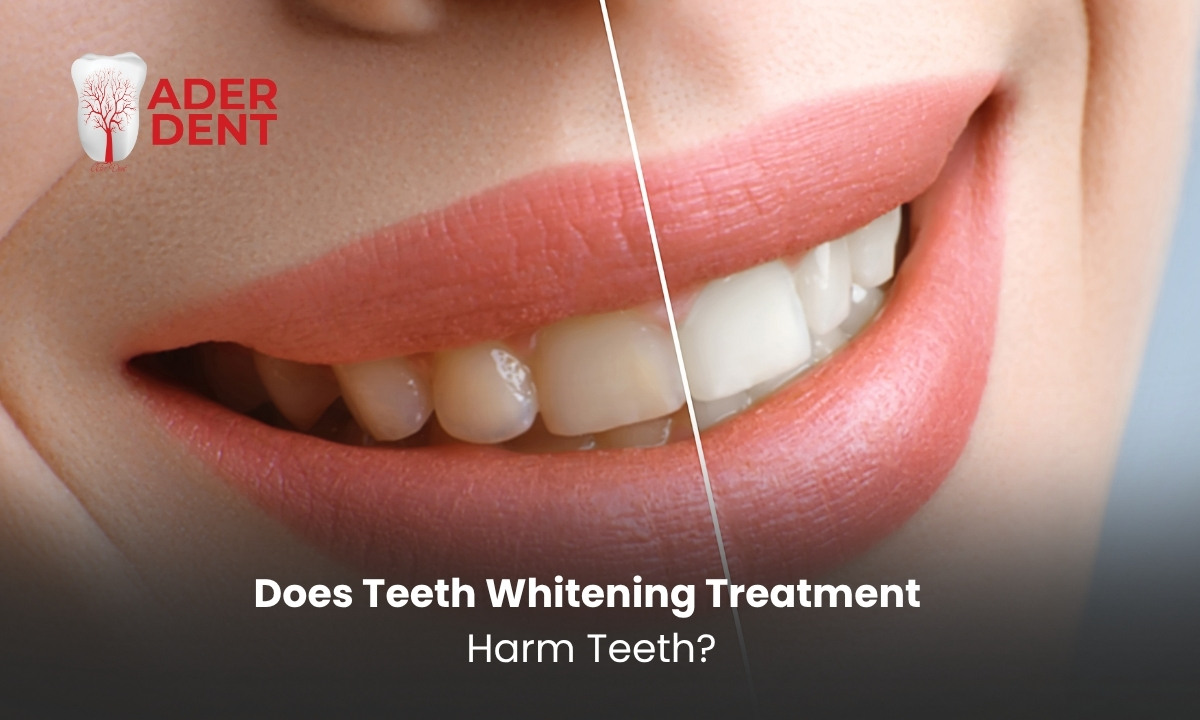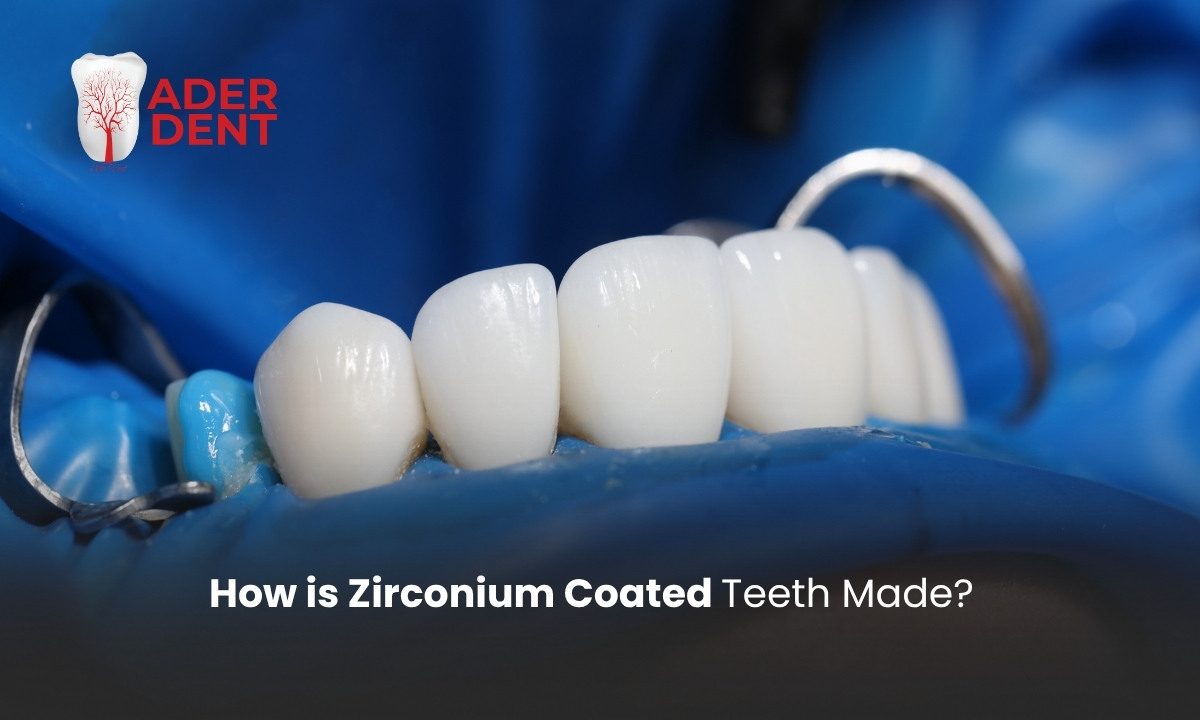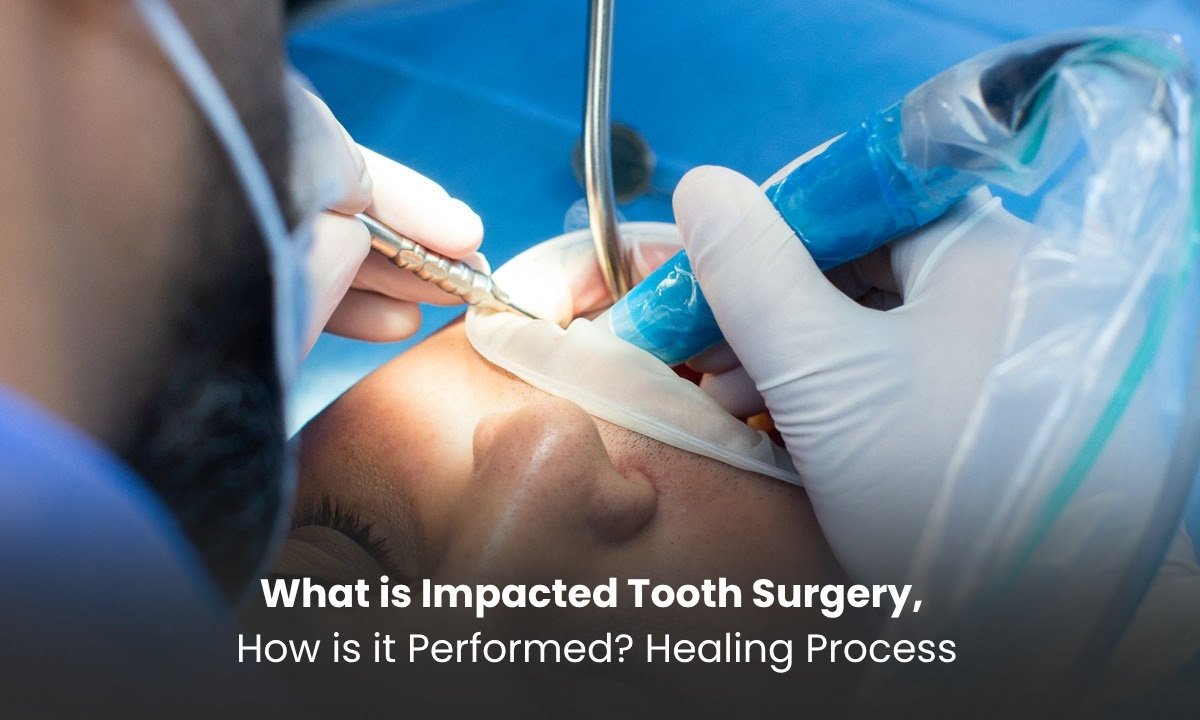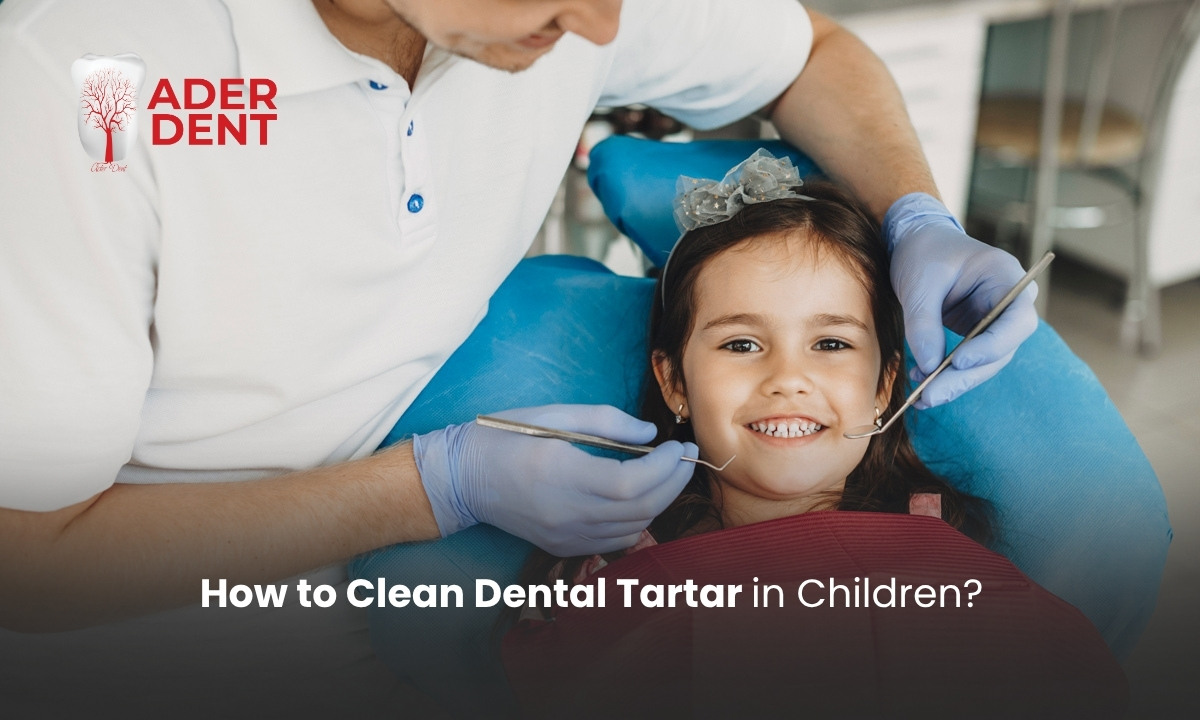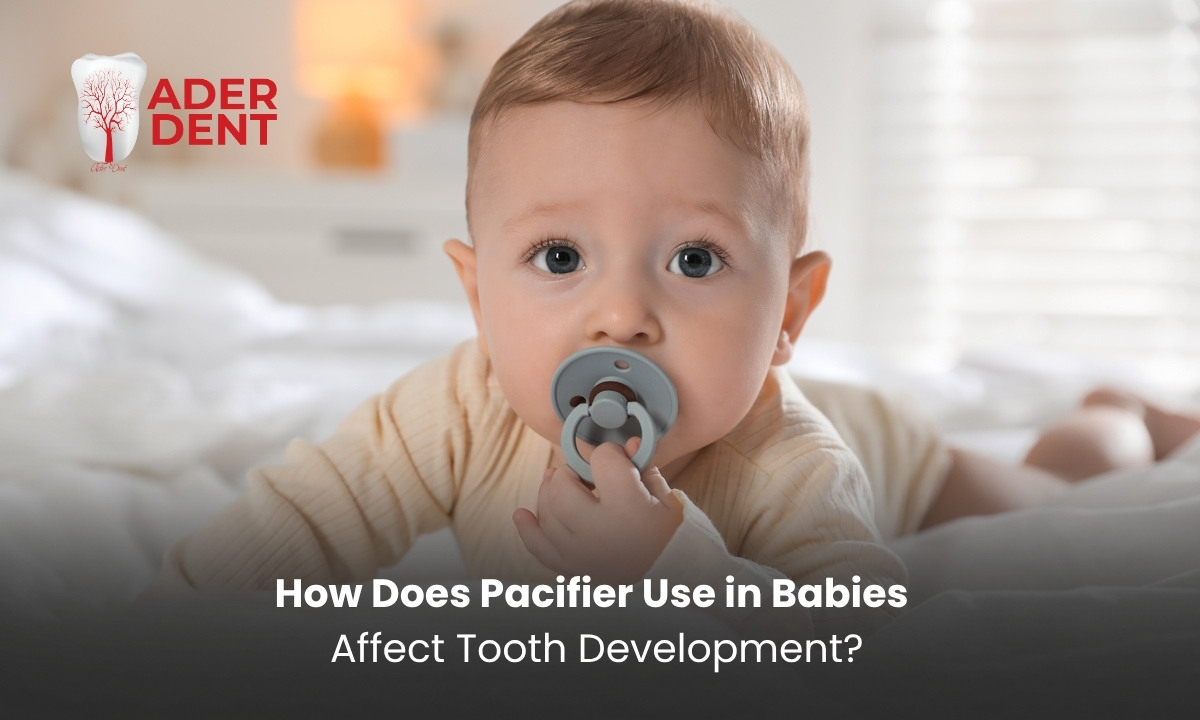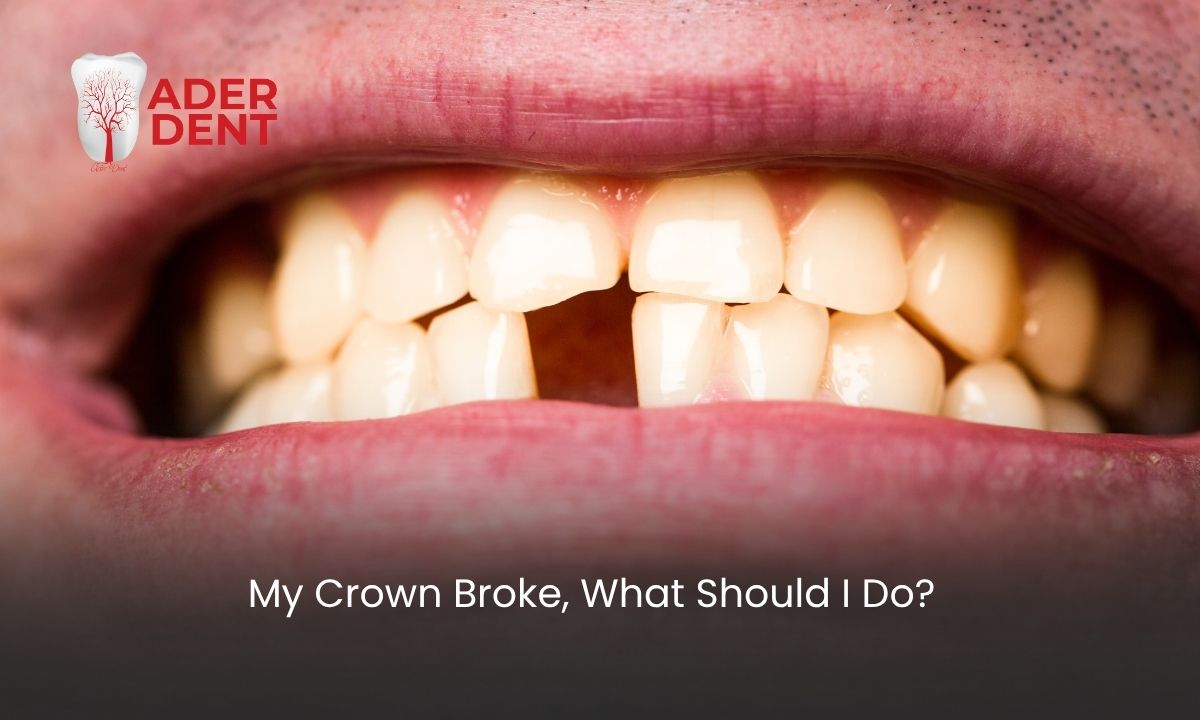
Dental crowns are one of the durable solutions that protect your teeth both aesthetically and functionally. However, over time, for various reasons, you may experience a broken crown. “My dental crown broke—what should I do?” is one of the most common questions in this situation. In this article, we will comprehensively answer all your questions about broken dental crowns.
What Should You Do First If Your Dental Crown Breaks?
If your crown breaks, it’s important not to panic and to take a few critical steps. First, if there are broken pieces, be sure to keep them. Be careful to prevent the broken crown or porcelain fragments from injuring your gums. If you experience pain or sensitivity, you can take a painkiller. Maintaining excellent oral hygiene and keeping the broken area clean reduces the risk of infection.
What Treatment Options Are Available for a Broken Dental Crown?
The treatment for a broken crown depends on the size of the fracture and the type of crown you have. In cases of small cracks or minor edge fractures, your dentist may repair it with bonding or filling material.
However, if the fracture is large or the integrity of the crown is severely compromised, the crown may need to be replaced entirely. In some cases, if the tooth structure beneath the crown is also damaged, additional procedures such as root canal treatment may be necessary. Your dentist will recommend the most appropriate solution for your situation.
Does a Broken Dental Crown Cause Pain? When Does Pain Start?
A broken crown itself does not always cause pain because the crown is a protective layer covering your tooth. However, if the natural tooth structure underneath is damaged, sensitivity and pain may develop over time.
In particular, sensitivity to hot or cold stimuli may increase. If the fracture causes irritation to the gum or surrounding tissues, pain may also be felt. For this reason, it is important to see your dentist as soon as you notice the crown is broken.
Can Broken Crown Pieces Injure the Mouth?
Broken crown fragments, especially if they are sharp or pointed, can irritate or cut the cheeks, tongue, and gums. These injuries can increase the risk of infection and significantly affect comfort in your mouth.
In such cases, you can use orthodontic wax to reduce the discomfort or see your dentist immediately. It is important to take precautions to ensure broken pieces do not remain in the mouth or cause injury.
Can a Broken Dental Crown Break Again? What Should I Be Careful About?
Dental crowns can break again, especially if you frequently consume hard foods or experience trauma. To maintain the durability of your crown, avoid habits such as chewing hard-shelled foods or ice.
Additionally, paying attention to oral care, attending regular dental check-ups, and managing habits like clenching or grinding your teeth can reduce the risk of fracture. To protect your crown, do not neglect your routine dental appointments. In urgent situations, it’s important to seek help from your dentist or your Pendik dental clinic.
My Crown Broke—Should I See a Dentist Immediately?
If your crown breaks, it is very important to consult your dentist as soon as possible. A broken crown compromises the protective function and integrity of the tooth underneath. The broken edges can cause pain or sensitivity, and the risk of infection increases.
Early intervention allows your dentist to repair the crown or, if necessary, replace it, preserving the function and aesthetics of your tooth. If you wait too long, the broken area remains exposed to bacteria, potentially leading to decay or infection, which can make treatment more complicated and expensive.
How Soon Should I Get Treated After My Crown Breaks?
If you notice that your crown is broken, it is recommended to see your dentist within 1–2 days. This timeframe is critical because the tooth loses its protective barrier and becomes exposed to bacteria. Prompt treatment helps prevent damage to the inner tooth structure and provides more options for repairing or replacing the crown. Crowns that are left untreated for a long time can lead to root infections, nerve inflammation, or even tooth loss.
Why Do Pain and Sensitivity Occur After a Crown Breaks?
Once the crown breaks, the underlying natural tooth is exposed to external factors. This exposure can cause sensitivity to heat, cold, or pressure. Because pain can also indicate infection, it should never be ignored, and you should consult your dentist. If left untreated, the pain can worsen, and the risk of losing the tooth increases.
My Crown Broke—Will Insurance Cover It?
Broken dental crowns fall under aesthetic and prosthetic care. Some private health insurance policies may cover crown repairs or replacement, but this depends on your specific policy. Public health insurance does not cover crowns placed for cosmetic purposes. To learn more about what is included and the procedures you need to follow, it is advisable to contact your insurance provider.


 TR
TR
